1. High HOA Fees With Few Perks

Buyers often balk when they see high homeowners association fees, especially if the perks don’t justify the cost. Paying hundreds each month for little more than lawn care or basic maintenance feels like throwing money away. Buyers want to feel that fees add real value, like pools, gyms, or security. Without that, the monthly expense becomes a sticking point.
The resale issue is compounded because these fees are non-negotiable. Unlike a mortgage, they don’t go away with refinancing or down payments. Many buyers will do the math and realize the fees limit what else they can afford. A steep HOA cost can make an otherwise appealing home much harder to move.
2. Proximity to a Busy Road

Living near a high-traffic street might sound convenient, but the noise and safety concerns often outweigh the benefits. Buyers with kids or pets tend to shy away from homes right on the road, fearing constant traffic and limited outdoor play space. Even without kids, most people don’t want to hear cars zipping by at all hours. The “curb appeal” often takes a hit when the curb itself is bumper-to-bumper traffic.
Resale value is directly tied to location, and busy streets are almost always a strike against you. The discount buyers expect for tolerating the noise and danger is significant. Even soundproofing measures inside the house can’t fix what’s happening outside. You might get offers, but they’ll likely be from people looking for a bargain, not top dollar.
3. Too Much Customization
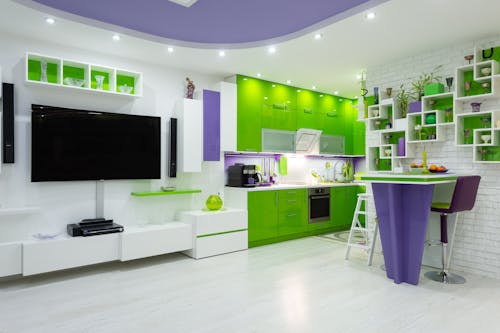
A home with a bright purple kitchen or a built-in indoor koi pond may show off the owner’s personality, but it often scares off buyers. What feels unique to you can feel like a future expense to someone else. Potential homeowners tend to prefer a blank canvas they can personalize themselves. Overly specific design choices limit the buyer pool before anyone even steps inside.
While some customization can be removed, others are costly to undo. Unusual finishes, quirky tile patterns, or one-of-a-kind cabinetry often mean remodeling for the next owner. Buyers calculate those expenses into their offers—or worse, skip your house altogether. Keeping resale in mind means balancing personal taste with wider appeal.
4. Poor Natural Light
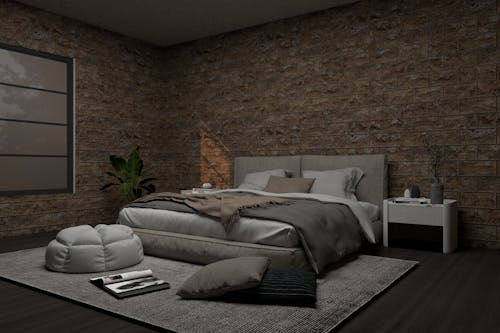
Walk into a home that feels dark, and the first instinct is often negative. Limited windows, bad orientation, or shady surroundings can all make a house feel gloomy. Buyers want to envision themselves waking up in a bright, welcoming space, not fumbling for light switches at noon. If they can’t picture “sunny mornings,” the emotional connection is lost.
The problem with light is that it’s not an easy fix. Adding new windows or skylights is expensive and disruptive. Even clever staging tricks like mirrors and lamps only go so far. A consistently dark house tends to linger on the market much longer.
5. Odd Location Within the Neighborhood
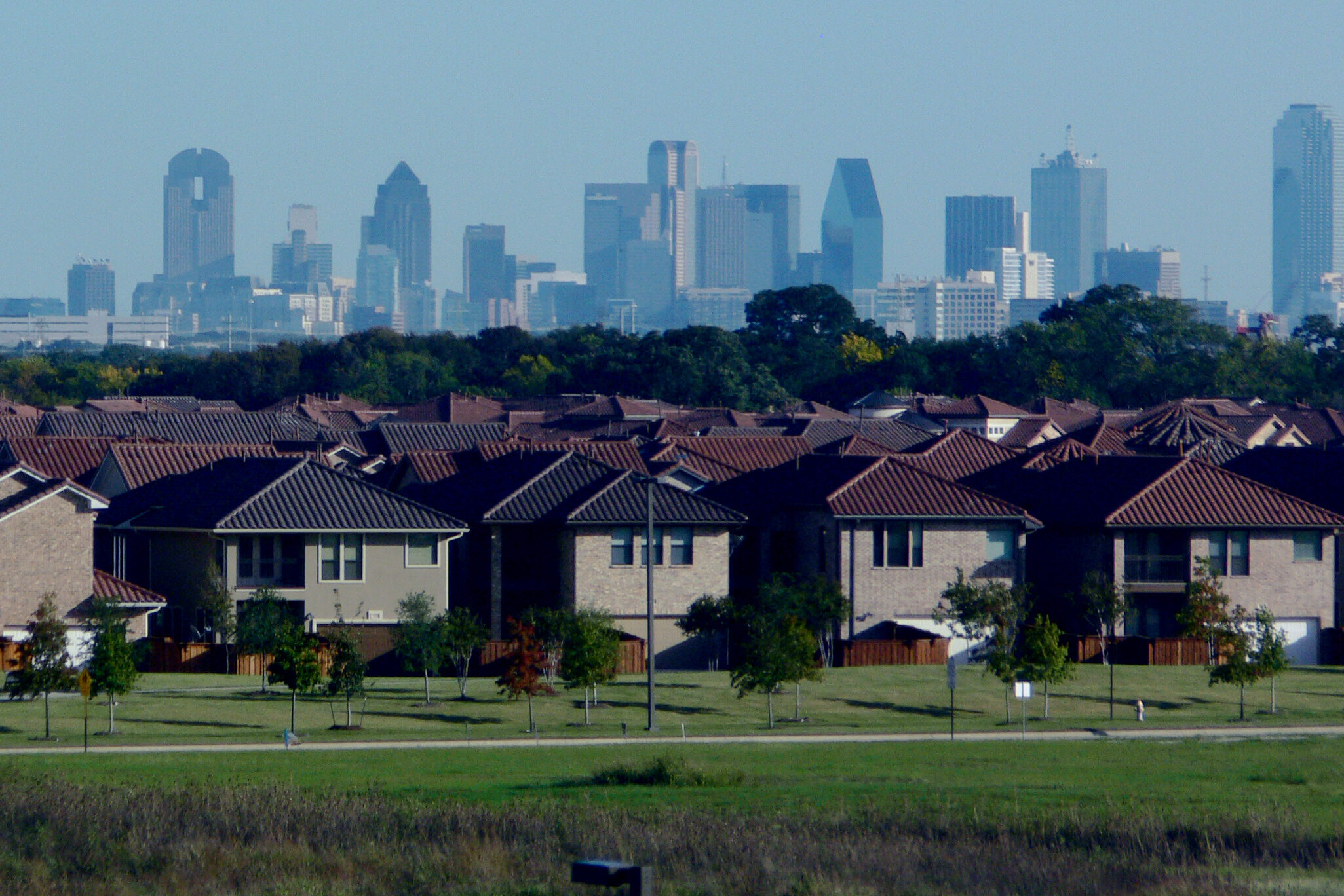
Sometimes it’s not the neighborhood that’s the issue, but where exactly the house sits in it. Being right next to a utility substation, cemetery, or even the neighborhood’s dumpster area can create hesitation. People notice these things immediately and may not even go inside for a tour. Location quirks like these are often deal-breakers, no matter how nice the home is inside.
The resale challenge is that these problems can’t be changed. You can remodel a kitchen, but you can’t move the electric towers. Buyers understand this and will often use it to negotiate heavily on price. You’ll either need to find a niche buyer who doesn’t mind or accept a lower return.
6. No Dedicated Parking
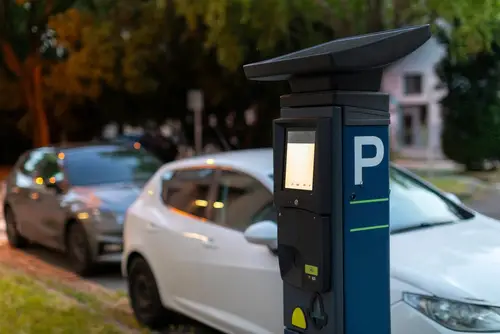
In suburban or urban areas where street parking is competitive, a house without a driveway or garage is a tough sell. Buyers worry about hauling groceries from blocks away or circling endlessly for a spot after work. Even if public transportation is nearby, the majority still prefer at least one guaranteed parking space. It’s not just a convenience issue—it’s a lifestyle one.
The lack of parking makes a home less practical for many families and professionals. Adding parking later isn’t always an option, especially if lot sizes are small. This reality keeps resale interest limited, no matter how appealing the house might be otherwise. Homes without parking often sit longer on the market or sell for less.
7. Too Close to Commercial Property

A house right next to a strip mall or gas station can feel less like a retreat and more like an extension of the business district. Buyers imagine noise, traffic, and strangers nearby at all hours. Even if the house itself is well-kept, the surroundings can undermine its appeal. Most people want separation between where they live and where businesses operate.
This proximity can also raise safety and privacy concerns. A late-night convenience store or 24-hour restaurant means cars and lights at times when neighbors might prefer quiet. Buyers who want a peaceful environment often move on quickly. The result is fewer offers and more time on the market.
8. Small Bedrooms or Bathrooms
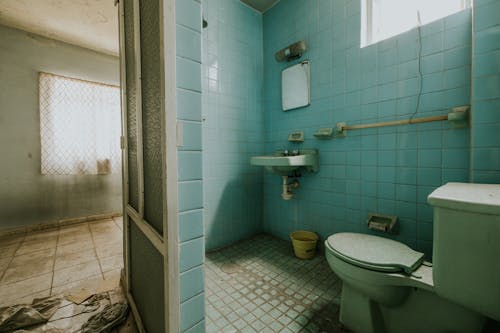
Square footage is important, but how it’s distributed matters even more. If a home has generously sized living rooms but tiny bedrooms or bathrooms, buyers notice. People don’t want to feel cramped in the spaces they use daily. Even if the overall size is decent, awkwardly small rooms lower the home’s perceived value.
Renovating small rooms isn’t simple—it often requires moving walls or changing layouts, which can be major projects. Buyers know this, and it makes them hesitant to commit. They’d rather find a home where the proportions already make sense. This imbalance can make selling a slow, frustrating process.
9. Lingering Odors
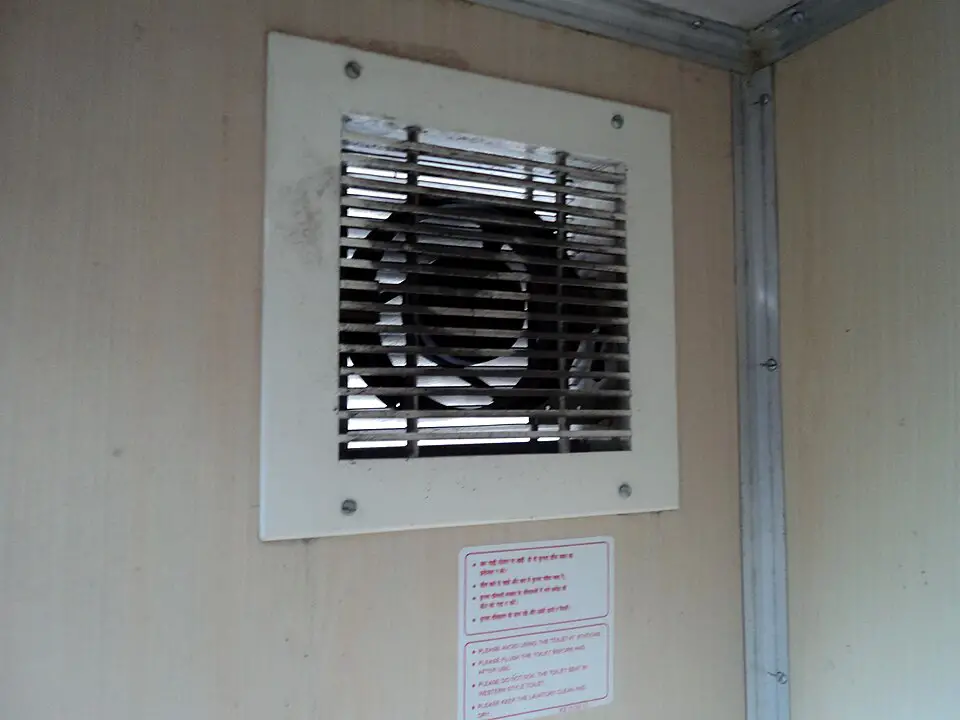
Odors are one of the most immediate turn-offs during a home tour. Whether it’s pet smells, cigarette smoke, or damp mildew, buyers assume the worst. Scents make people think about hidden issues—like poor ventilation, water damage, or lack of cleanliness. Even if the house looks spotless, a bad smell can ruin first impressions.
Removing odors isn’t always straightforward. Smoke, for instance, can seep into drywall and flooring, requiring replacement instead of just cleaning. Buyers know they’re potentially facing expensive remediation and often just move on. A home with noticeable odors is far harder to resell than one that feels fresh.
10. Unfinished Projects
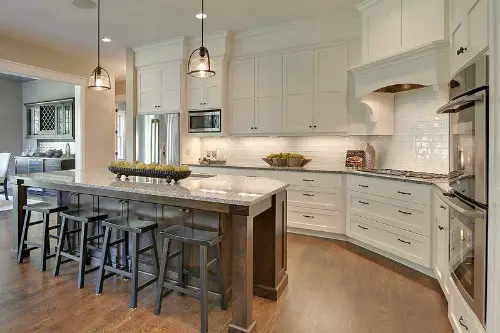
Half-renovated kitchens, exposed wiring, or rooms mid-remodel are big red flags. They signal to buyers that the home might have hidden problems or costly fixes ahead. Even if the work is halfway done, most people don’t want to inherit someone else’s to-do list. The uncertainty of what’s behind unfinished walls is a major deterrent.
Buyers often assume unfinished projects point to financial strain or poor workmanship. That perception alone can hurt your chances of getting strong offers. To resell easily, a home needs to feel move-in ready, not like a construction zone. Otherwise, expect lower offers or an extended selling timeline.
11. No Outdoor Space

Even in cities, most buyers want at least a small outdoor area. A balcony, patio, or modest yard can make a home feel bigger and more inviting. Without it, the property may feel confined, especially for families or pet owners. Lack of outdoor space often limits who will consider the home in the first place.
Adding outdoor space isn’t always possible, especially on tight lots or condo units. That means the issue isn’t fixable without significant investment or structural changes. Buyers know this and often cross the property off their list entirely. Resale becomes difficult when the lifestyle expectations of the majority can’t be met.
12. Odd Layout That Doesn’t Flow
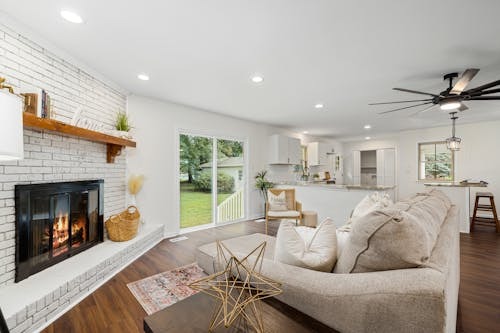
If you’ve ever walked into a home and immediately felt disoriented, chances are the floor plan wasn’t doing it any favors. Strange layouts—like having to walk through a bedroom to get to the only bathroom—are red flags for future buyers. People like homes that feel intuitive, with rooms that connect in a way that makes sense. If it feels awkward during the first showing, expect others to feel the same.
The problem is, layout issues are expensive to fix, often requiring major remodeling or even knocking down walls. Buyers who sense these flaws usually see dollar signs in the wrong way. That makes them either walk away or offer well below asking. In a competitive market, this could be the single factor that makes your home harder to sell.
This post 12 Subtle Clues That a Home Will Be Hard to Resell was first published on Greenhouse Black.
